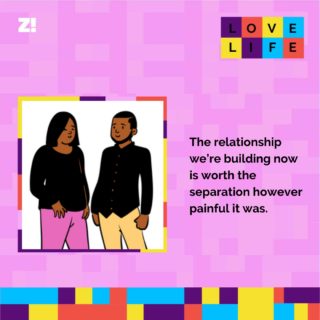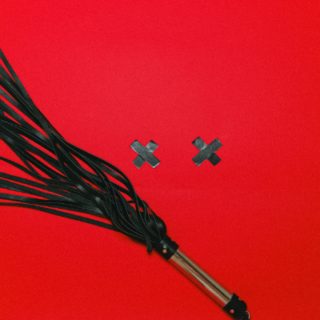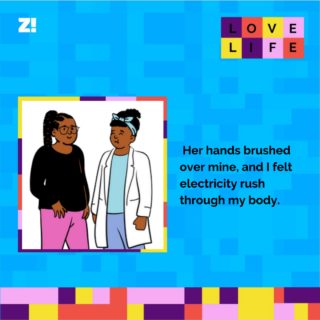The Elevator is a limited Zikoko series that details the growth of young successful Nigerian women. We tell their stories every Monday by 12 p.m.
Think about all the stories about women in the media. Most of the stories follow the same trail: women should be one thing and when they fail, they are punished for it. Uyai grew among women who challenged these stories, and after working on a movie set at 19, she was eager to tell different stories about women by writing the kind of characters she wanted to see. Uyaiedu Ikpe-Etim is a 31-year-old film producer, screenwriter and filmmaker. In today’s episode of The Elevator, Uyaiedu talks about her journey as a filmmaker challenging the status quo.
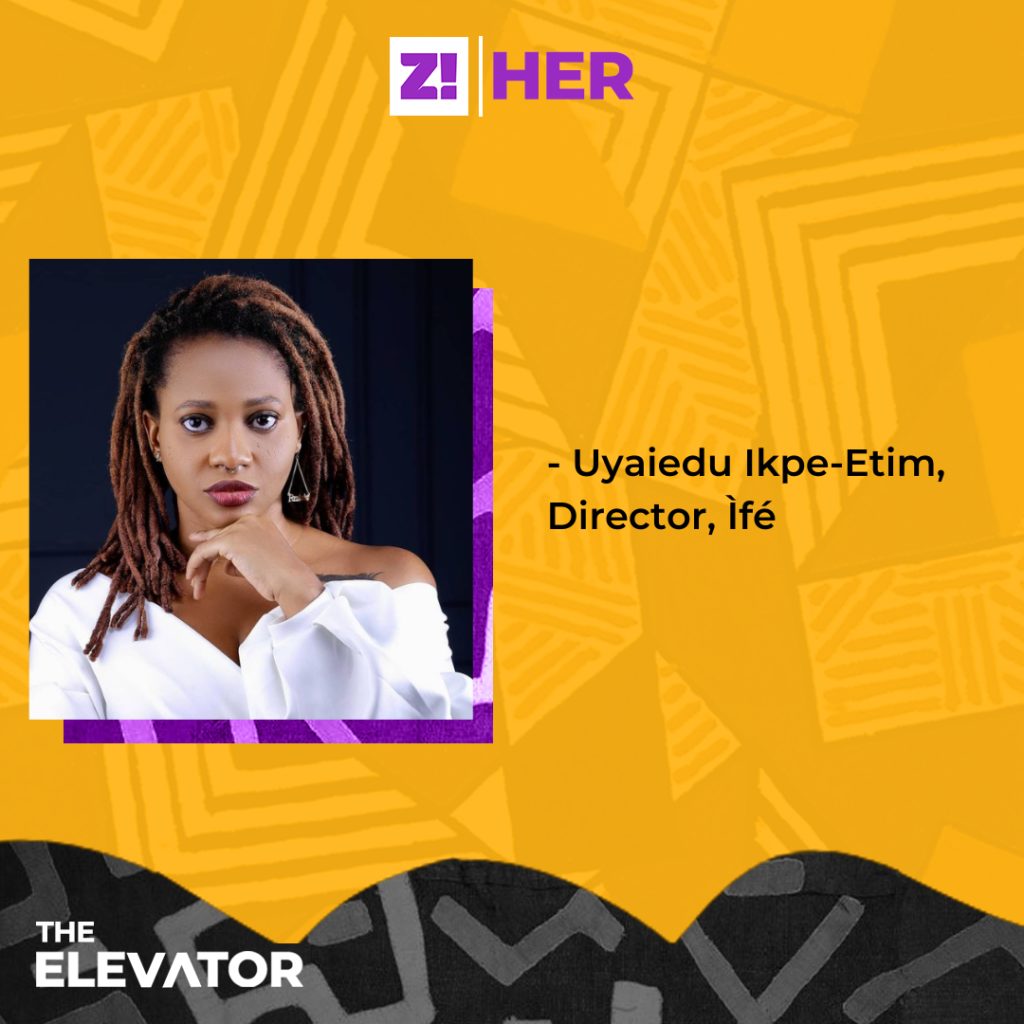
What did you want to be as a child?
I remember clearly that I wanted to be a surgeon because I read Gifted Hands by Ben Carson.
Lmao. How did that change?
I was young when I had that dream. When I got to senior secondary school, where you have to choose between arts, business or science, I wanted to pick arts because I loved reading and writing. I imagined that literature and history classes would be interesting, but my mother wasn’t having it, so I went to science class.
I was already writing before I went to university, so when it was time for uni, I studied radio, television and film because no one could impose on me.
How did you get into writing?
A lot was happening in my life so I went to university pretty late. A while before university, my sister, Nse, was writing a query and I had so many ideas for what to record. Eventually, she got tired of me chipping in and said, “Why don’t you write it?” I was a bit confused, but she encouraged me to go ahead with it. That was my first script. I think I was 17.
A year later, I met her friend, Jetta Amata, a Nollywood filmmaker. I told him that I wrote scripts, which was a funny thing to say because I didn’t have any to show at the time. He told me he was working on a series, Queen Amina of Zazzau, and I could be a part of the group of writers on his team. I was the youngest person in that group. It was a very exciting experience. I learned how to use the software and things like lead character development. I worked with really experienced writers and read a lot. After working on that project, I wrote a few things for Emem Isong. The first film I wrote for her was Guilty Pleasures.
How long did you do that for?
Three years. Then when I was about 20, I went to university in South Africa. I didn’t spend a long time there because there was a lot of crime and I didn’t like living in South Africa. I am a person who always welcomes change, so when it was time to leave, I didn’t fight it. I continued writing stories until I went back to university in Cyprus at 24. That was when I studied radio, television and film. I enjoyed being a student — I graduated top of my class. During this time, I had several projects I was working on — apart from the short films I made while I was in school, I was also doing a few jobs for filmmakers in Nigeria.
At this point, were you confident you’d pursue a career in filmmaking?
Yes. Working on Queen Amina of Zazzau
I knew that the stories I saw on TV were inspired by real women who live these lives, but I wanted to tell stories about women that were not being told. I feel like it’s easy to keep young girls in that cycle when those are the only stories they know and so I started writing the kind of women I wanted to see in films.
So that’s one motivating factor. Was there anything else?
With time, I started to see another lack. I was looking for black women in love. Every time I go on Netflix, it’s difficult to find films with two black women in love with each other. There are films of white women in love with other white women or black women but hardly any black woman in love with another black woman. I started to nurse the idea of telling a story like that, and that’s how Ìfé came about.
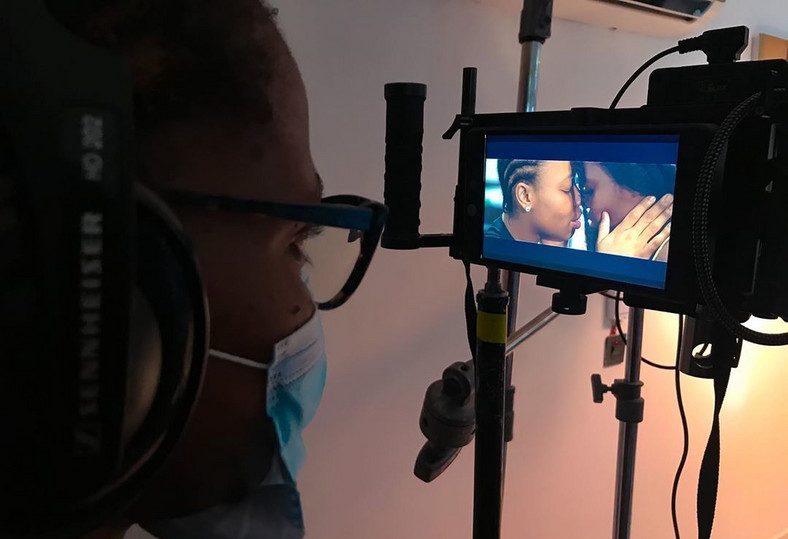
What was creating Ìfé like?
I remember sitting in a coffee shop with the executive director of the Equality Hub, Pamela Adie, who also wanted to tell these kinds of stories. She already knew my work, and we were talking about making a film. Honestly, I don’t know if I had the story before we sat down in that shop or if it came to me while we were there.
For Ìfé, I wanted to play with a lot of stereotypes that we joke about, like how lesbians say they are going for a date and end up spending three days at their date’s house. It could be cheesy or cliche, but I was going to do it anyway. I like seeing cliches in romance. When it’s done right and you can relate to it, you will have special moments connecting to the story and that’s what I wanted. Two women meet up for a date and fall in love. I think I was in love with a woman at the time, and I wanted to see that on TV. Pamela was like, let’s do it and so we did.
Creating a film centred around queer women in a country like Nigeria. How did that happen?
The experience taught me that you have to tell the stories that the heads of production companies want to tell until you get the opportunity to write the story that you want to write. This means that if I had stopped doing the work because I wasn’t able to tell the stories I wanted to tell, I may not have been ready when Ìfé came along.
This is what I always tell writers — keep doing what you need to do to pay the bills and prepare yourself for the real thing because I strongly believe that it comes eventually. This also helped me get ready for directing because I spent a lot of time with filmmakers doing the work.
Did you experience any pushbacks?
To be honest, none of the backlashes was directed at us — the people who created the film. So, I never felt the need to react. Also, I was too focused on the collective joy of the LGBTQ+ community to think about anything else.
If you could talk to your 10-year-old self, what would you tell her?
Five years ago, you wanted to be a princess. Two years ago, a nurse. Now you want to be one of the characters from Enid Blyton’s Famous Five. In three years, you would want to be a neurosurgeon. What you want will keep changing and that’s okay. Ignore the pressure from the adults who want you, a child, to know what you want to be. Welcome the changes and welcome all the women you will be. You do not have to be one thing.
What’s next for you?
More storytelling — whatever form that takes. Whether it’s films, series, documentaries or speaking engagements, I plan to put women at the forefront.
Click here to read the previous Elevator story about Celebrity DJ Kiss.
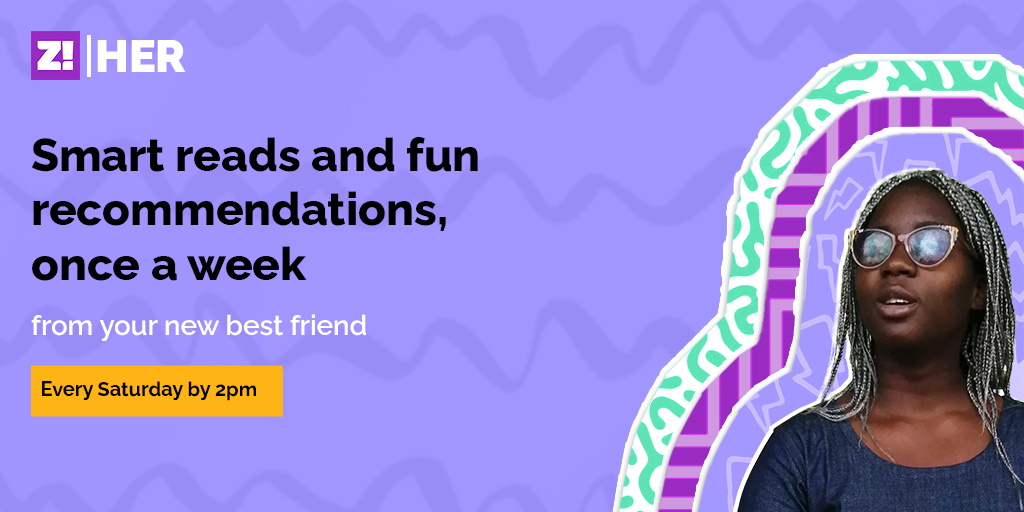
Subscribe here.


